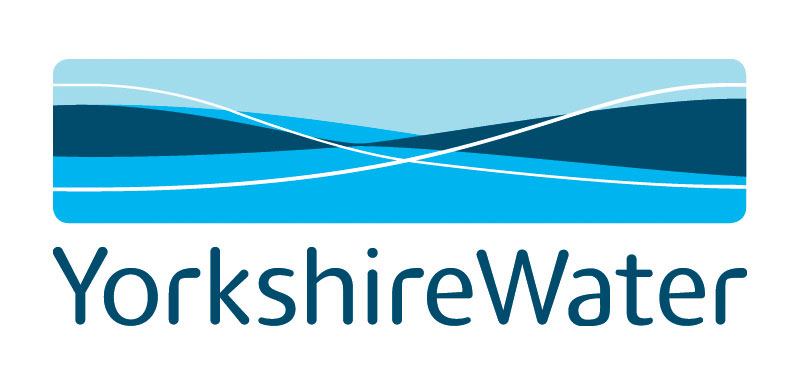Yorkshire water services Ltd has been sentenced by a UK court following a worker who suffered fatal burns when his clothing was ignited by sparks
Leeds Crown Court heard that, on 20 July 2015, Mr Michael Jennings was working in the bottom of a dry well, a designated confined space, on the end of the disused Lane 1 of the brewery Trade Waste treatment plant at the Tadcaster Sewage Treatment Works.
The adjoining Lane 2 was still in service. The brewery Trade Waste plant was the only Yorkshire Water Services effluent treatment plant to use oxygen gas injection to assist the clean-up process.
Mr Jennings and a colleague had been tasked with changing the stop valve on the end of the disused Lane 1 drain pipe which emerged into the bottom of the dry well. Mr Jennings was using an angle grinder to cut through corroded bolts when sparks from the grinding wheel impinged onto his overalls, bursting into flames. He suffered whole body burns and died in Pinderfields Hospital two days later.
An investigation by the Health and Safety Executive (HSE) found that the drain valve was half-opened and the atmosphere within the dry well was oxygen-enriched, greatly increasing the risk of fire.
It also found that a near miss report had been recorded at the same location in September 2014. Employees had found the interior of Lane 1 to be heavily oxygen-enriched and had alerted local managers to the problem, but this warning had not been acted upon and the company had failed to identify the implications for any future work.
The HSE investigation showed that the company’s risk assessment and permit to work procedures had been inadequate. There were no site-specific procedures in place and the generic risk assessment template form did not include oxygen enrichment as a possible hazard. The employees working on the day of the incident were not familiar with the site and they were not aware of the September 2014 near miss. This meant that they did not have the knowledge or experience to recognise that oxygen-enrichment of the dry well was a potential hazard when the valve was taken off or opened.
Yorkshire Water Services Ltd of Western House, Bradford, pleaded guilty to breaching Section 2(1) of the Health and Safety at Work etc. Act 1974 and was fined £733,000 and costs of £18,818.
Speaking after the hearing, HSE inspector John Micklethwaite said:
“This was a tragic and wholly avoidable incident, caused by the failure of the company to implement an adequate and effective safe system of work for work in a confined space.
“Those in control of work activities have a duty to identify hazards that could arise, to eliminate or to mitigate them, and to devise suitable safe systems of work. The risk assessment process is central to this role.
“The employer also has a duty to provide the necessary information, instruction and training to his workers, and to provide an appropriate level of supervision to ensure that the work can be carried out safely and without risks to health.”





